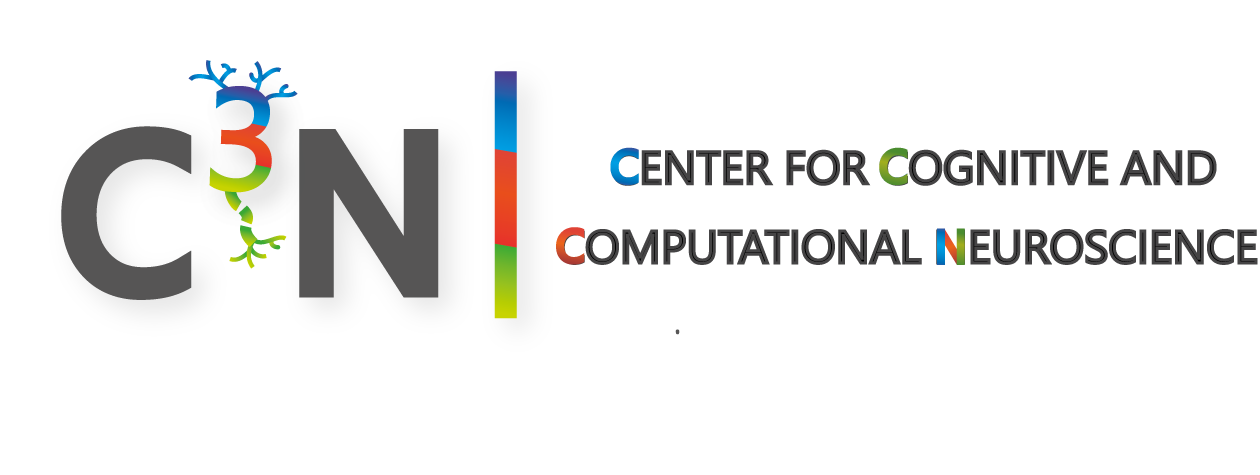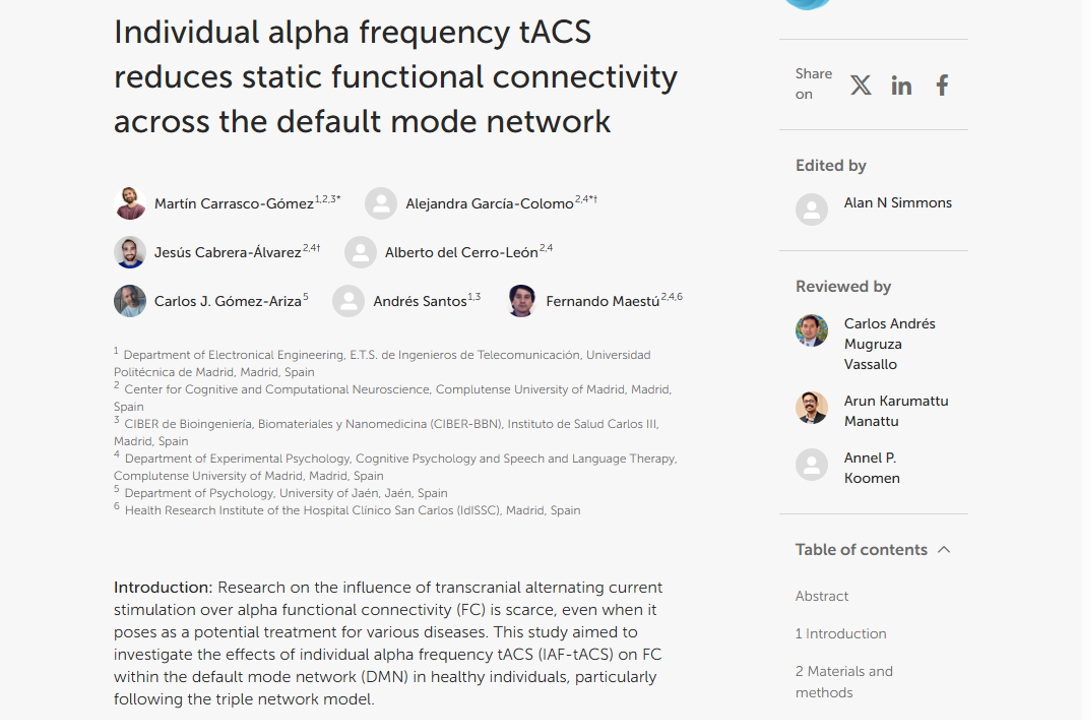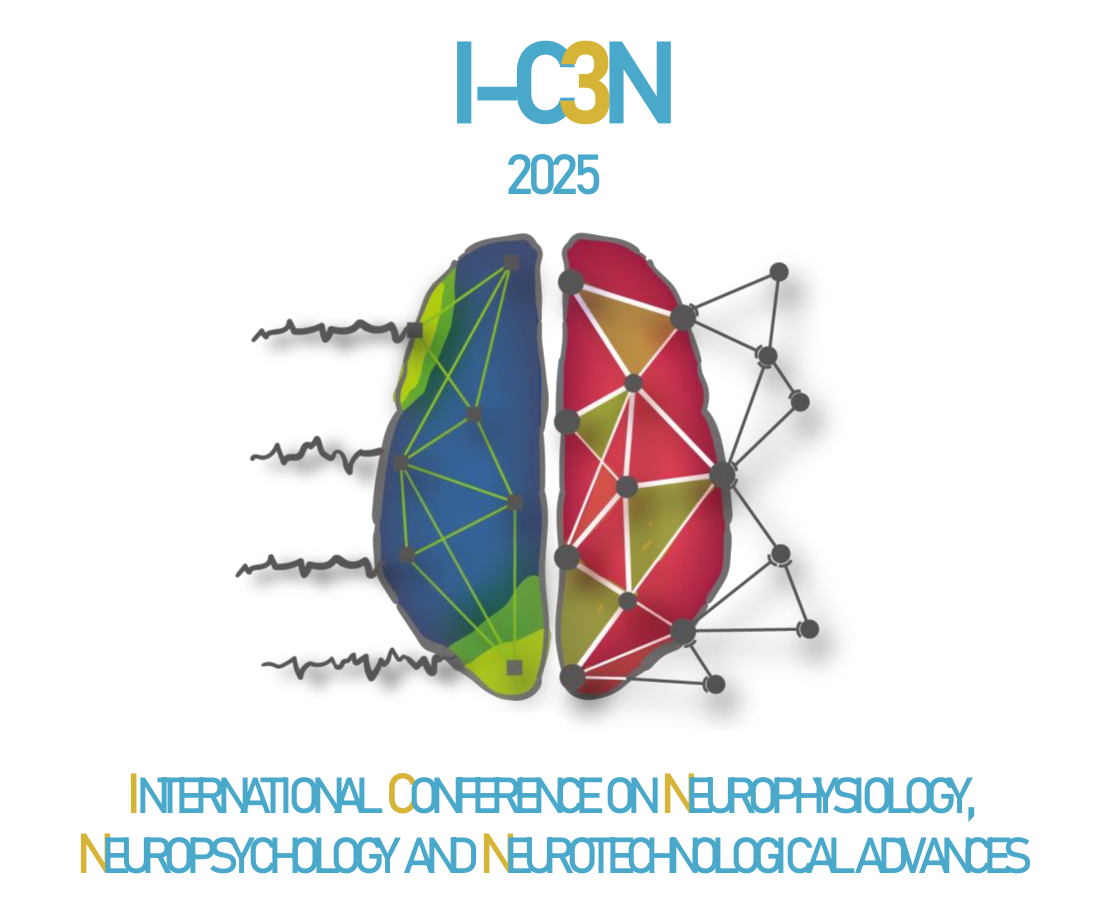Laboratory For Cognitive and Computational Neuroscience
Welcome to C3N
The Laboratory for Cognitive and Computational Neuroscience (C3N) is an interdisciplinary research center at the Complutense University of Madrid that brings together researchers specializing in cognition and computational neuroscience, as well as clinical researchers. Our common goal is to understand how cognitive/emotional functions and neuropsychiatric disorders relate to brain activity.
Most of our studies use brain activity recording techniques, such as magnetoencephalography (MEG), electroencephalography (EEG), or neuroimaging techniques such as magnetic resonance imaging. Our scientists also conduct basic research on the control processes of memory, emotions, and language, as well as applied research on neurodevelopmental disorders, epilepsy, addictions, and normal and pathological aging. All of this is combined with clinical neuroscience and neuropsychology laboratories to adapt basic research to the clinical setting.
We also develop computational models to better understand the neurophysiological mechanisms underlying brain activity, as well as to guide potential interventions (pharmacological or non-pharmacological). Another of our main lines of research is the development of advanced analysis methods for MEG and EEG signals. Finally, we are also involved in neuromodulation techniques. In this area, we use various techniques, such as transcranial magnetic stimulation (TMS, both high and low field), transcranial electrical stimulation (tES, including tACS and tDCS), deep brain stimulation (DBS), and vagus nerve stimulation.
As a public center, C3N offers researchers and clinicians the opportunity to use its facilities to develop their experiments or clinical protocols (more information in Services and Fees).
Manage your appointment
25 years of research
With more than 50 projects developed and more than 10,000 participants, we remain committed to the study of Alzheimer’s.
Research groups
Contact
+10.000
Participants
+50
Projects
+70
Collaborations with other institutions
+500
Publications
Want to know more?
News
The C3N investigative team’s activities are far-reaching, both nationally and internationally.





